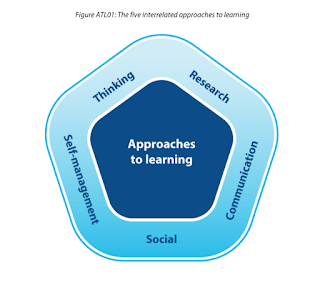Theory Building
Inquiry is sometimes synonymous with asking questions. We can, however, construct meaning, fueled by curiosity and driven by a questioning stance, but without the semantics of a question. Inquiries are often rooted in theories. The inquiry process allows theories to be constructed, re-constructed and deconstructed. “The Hundred Languages of Children” offer useful gems about theory building: “We tend to build theory as a satisfactory explanation that can help us to understand the whys that are inside of us.” The authors unpack the notion of theory building: - A theory is more an idea. - Sharing theories is a response to uncertainty - Theories must be pleasing and convincing - They are useful and able to satisfy our intellect and aesthetic needs - A theory is an expression of our point of view about things and about life - Therefore the child is a real researcher. Earlier this month, Alfie Kohn spoke as part of the Free to Play Summit: “Kids make sense of the...


